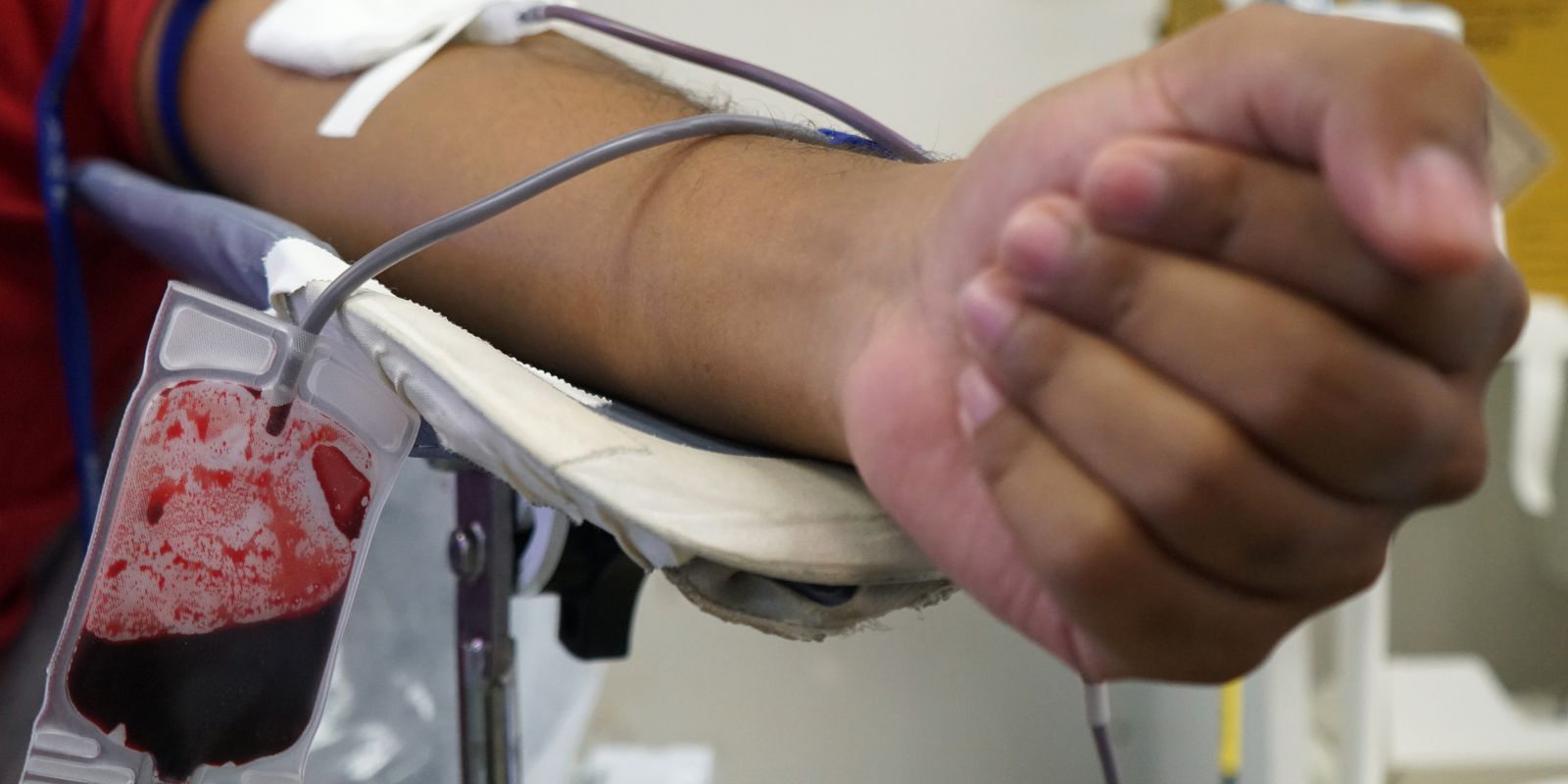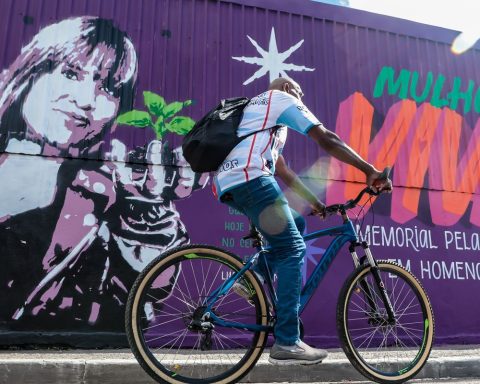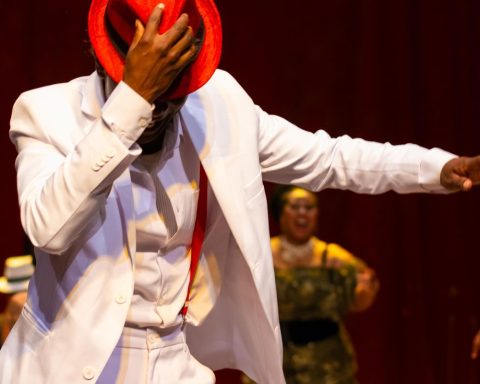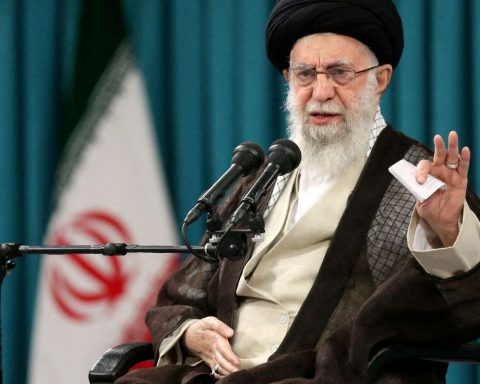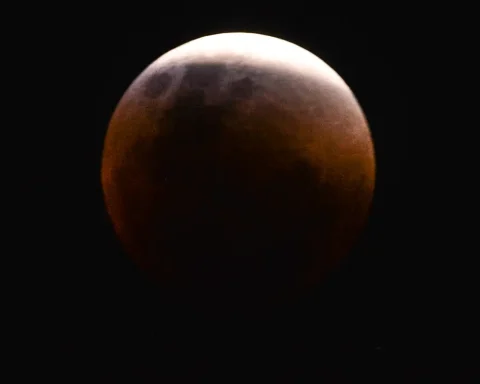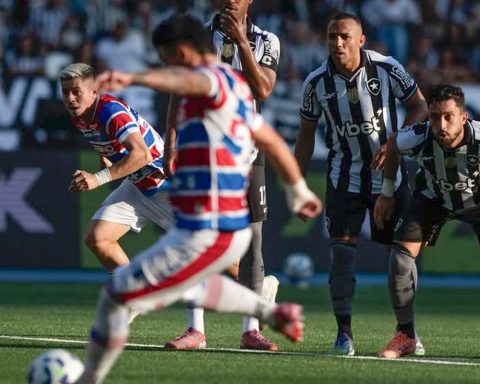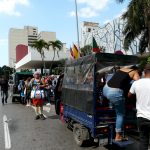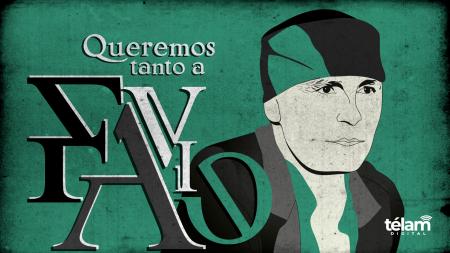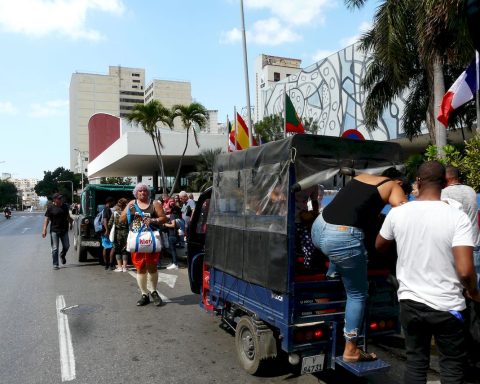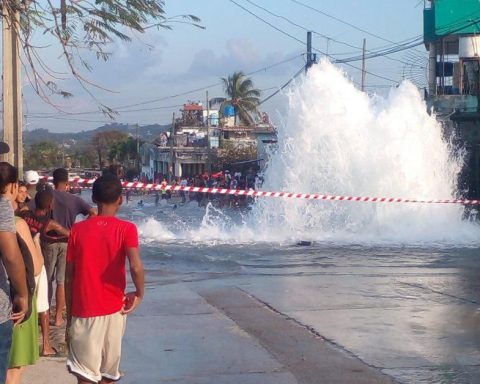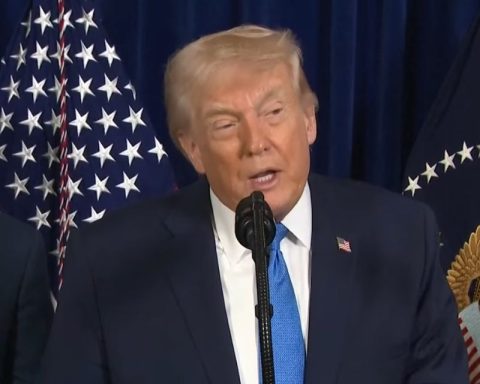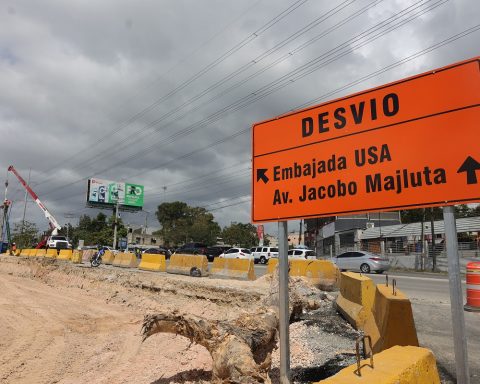The appeal of a co-worker led intern Isaac Araújo, 18, to donate blood for the first time.
“I’ve always wanted to donate blood since I was little and now I’m 18, the opportunity came and I came to donate”.
A collective effort also made photographer Henrique Carrijo make the first blood donation. And if it depends on his wish, it won’t be the last.
“The niece of a friend of mine needed the donation and we came to help. The situation gave me an alert that just as she needed it, other people will also need it and so I think it’s important to make the donation”.
And it’s really important, not only during a collective effort or because of the need for a colleague or acquaintance, but especially at certain times of the year, such as long weekends, vacations and parties, when donations tend to drop.
In Acre, Hemoacre noticed a drop in the average of donations in the period of the first round. In Brasília, the Blood Center also felt this drop. And to avoid the disappearance of donors this week and the next, with the arrival of the second round of elections and the holiday of the Dead, the fundraiser, Rafael Martins, already has a strategy.
“We had a drop of more than 70% in donations before the elections and also after the elections. And we’ve been publicizing it in the media, on social networks so that people don’t stop donating. direct to donors, whatsapp… we use every means of communication possible to call these donors so there is no shortage of blood”
All blood types are needed in blood banks, but “O negative” is the most requested, as it is a universal donor, and the most used in emergencies.
To donate blood, you must be between 16 and 69 years old, weigh at least 50 kilos and be in good health.
listen on National Radiation:
* With the collaboration of Glauco de Queiroz
